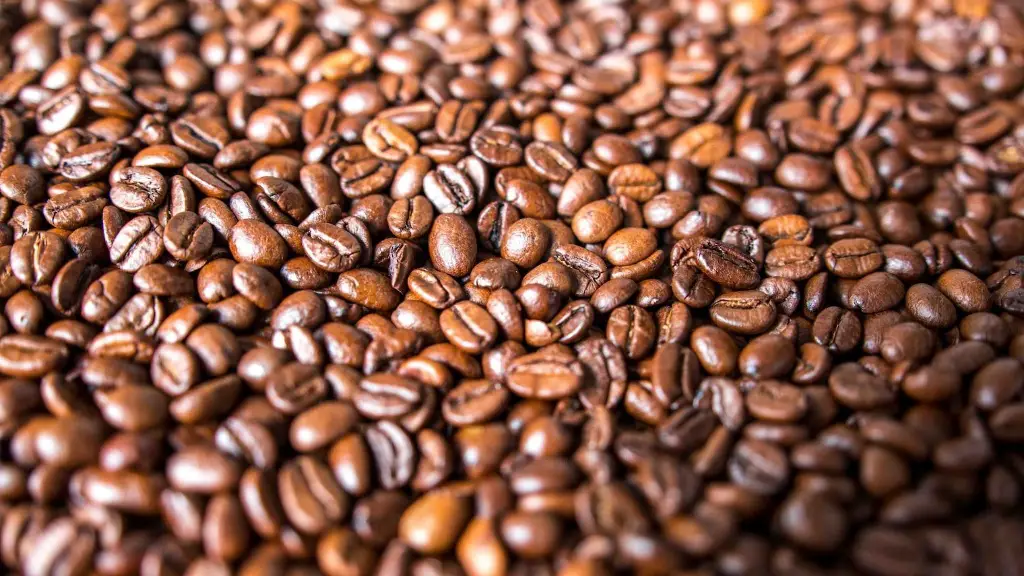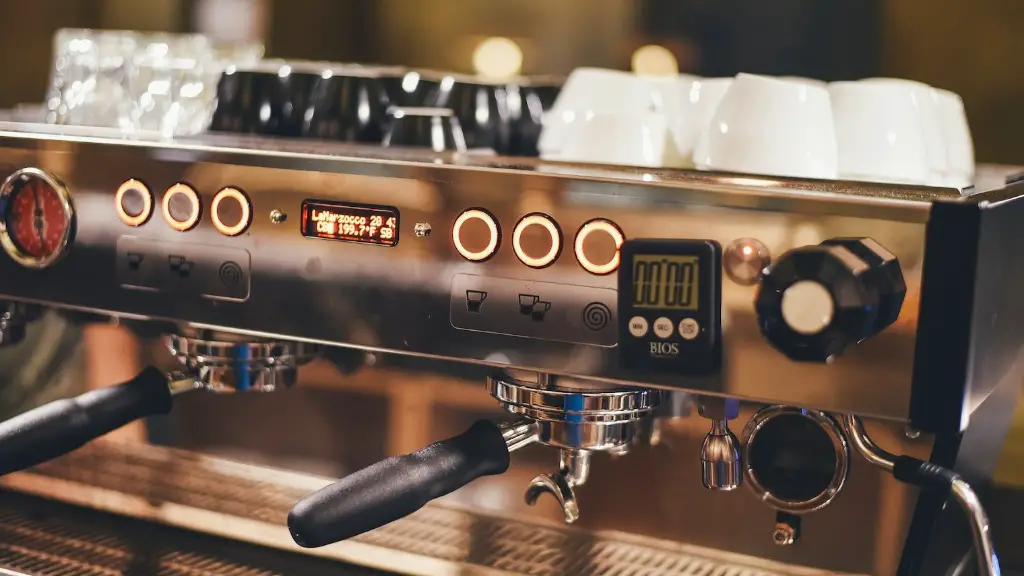Recent studies have revealed that over 64% of the total US population drinks coffee on a daily basis, with millennials being the most frequent drinkers with 48.4% drinking coffee on a daily basis. However, in some countries, the percentages are even higher, with over 90% of the population of the Netherlands drinking coffee on a regular basis. As for countries with the lowest coffee consumption, studies have identified that only 30% of Vietnamese citizens drink coffee regularly.
Coffee-drinking tendencies can also be linked to income and to a certain degree, cultural upbringing. In fact, extensively researched studies have revealed that among people with an income of 40,000$ or higher, the percentage of regular coffee drinkers has been observed to be 79%. When it comes to the other end of the financial spectrum, those making 40,000$ or less have revealed to only constitute a 46% of regular coffee drinkers.
Examining Coffee Preferences
Coffee consumption also varies depending on the style of brew. A survey conducted by the National Coffee Association revealed that espresso has become the most popular way to drink coffee, with over 43% of participants claiming this as their drink of choice. Drip-brewed, or filtered coffee followed not too far behind, at 32%.
When it comes to the attractiveness of incorporating coffee into daily life, it is not surprising to discover that convenience has become a factor for 21% of consumers, citing the ease of access of to-go cups or the introduction of drive-through cafes. 38% of the population surveyed highlighted that their primary factor when selecting their style of coffee was either affordability or an extensive flavour profile.
Impact of Coffee Consumption
While it is widely believed that coffee consumption is associated with health benefits, it is also widely known that too much of it can be detrimental to one’s well-being. Caffeine consumption can lead to restlessness, difficulty sleeping, increased heart rate and possible dehydration. To counter these effects, people have begun to move to more low-caffeine alternatives, like decaf coffees, tea and even some carbonated beverages.
Additionally, research has proposed that there is a correlation between regular consumption of coffee and the development of certain diseases such as hypertension, heart disease and diabetes. At the same time, other studies have suggested that coffee consumption as part of a balanced diet and with appropriate levels of caffine consumption, could potentially have positive effects on one’s health in terms of energey levels and the feeling of alertness.
Coffee Popularity
When compared to tea, which is another widely consumed beverage, the figures for coffee reveal an even higher percentage for coffee with 77% of consumers preferring coffee over tea. Coffee has become a social and cultural phenomenon amongst Millennials in particular. With the rise of independent cafes, coffee has become a way of life, with public figures and celebrities being offered endorsement deals due to their open affinity for the drink.
Furthermore, in a culture where the concept of ‘picture-perfect’ lives is rampant on social media, coffee has been the companion of many instagrammers, influencers and those using platforms like TikTok. Coffee has become a way of expressing style and often serves as the background to ‘aesthetic’ photographs, thus contributing to its ongoing popularity.
The Role of Coffee in Achieving Goals
Coffee has found its way into the heart of ambitious professionals and high achievers. The energetic kick of coffee has become a recurrent part of many people’s daily routine, enabling them to cope with long and strenuous days at work and getting through piles of paperwork. Coffee helps many stay focused while studying and many diarists cite coffee as a critical aspect of their work lives, allowing them to achieve their goals and continue pushing themselves further.
The Influence of Advertising
The upsurge of coffee’s popularity can also be attributed to various marketing tactics employed by coffee manufacturers, who frequently associate the beverage with themes of success, drive and exclusivity. These associations have been particularly appealing to young consumers and have even been credited for coffee becoming a daily necessity for many. It is no secret that many brands observe the successful marketing techniques implemented by premium coffee manufacturers and emulate them.
The Link between Product Innovation and Coffee Consumption
The evolution of coffee drinking has largely been linked to the product innovations by coffee manufacturers, with new beverages or new additions to famous franchises often strengthening the existing level of coffee consumption. The recent surge of cold-brews and flavoured coffees make it a lot easier for unique flavours and styles of coffee to cater to a wider range of taste preferences.
Particularly appealing to Millennials, product innovations and convenience stores have made coffee more accessible than ever. Furthermore, certain companies have focused in on how to promote the idea of ‘sustainable’ coffee, making it more affordable and environmentally-friendly to produce and consume.
The Quantification of Coffee Consumption
Although the allure of coffee has made it one of the most sought-out beverages worldwide, there are still many countries with relatively low consumption of coffee. For instance, in Brazil, the country with the second-largest population in South America, only 0.7% of surveyed citizens claimed to consume coffee on a daily basis.
Coffee consumption varies drastically amongst countries and understanding the motivations behind why people either abstain from or consume coffee is integral for the progression of the industry. By quantifying the figures for coffee-consumers, companies can develop a better understanding of the target audience(s) and as a result, manufacture more efficient product- and marketing strategies.
Coffee as a Symbol of Luxury
The immense variety of coffee specialities has made the overall concept of coffee-drinking particularly appealing. With speciality coffee-houses, drinks topped off with latte-art and home-baristas showing off their impressive coffee-making skills, coffee has gradually become a way to ‘live the good life’.
With coffee-houses seemingly at every street-corner, both the adventure and luxury that comes with trying out a cool coffee-spot has become very attractive, particularly to younger generations. It appears as if the coffee-experience has become the main source for relaxation for many, giving them a chance to take a break from their hectic day-to-day lives and well as indulge in a coffee-treat.
Coffee’s Health Benefits
When consumed in moderation, there seems to be an increasing amount of studies evidencing the potential health benefits of moderate coffee consumption. Studies have proposed that regular caffeine consumption could lower the risk of some neurological diseases, such as dementia or Alzheimer’s. It has even been suggested that drinking coffee could have a positive effect on type-2 diabetes, decreasing both inflammation and glucose levels.
Furthermore, other research has observed that when consumed regularly, coffee could potentially lead to certain weight-loss benefits, satiating hunger and in turn, decreasing overeating. It has even been hypothesised that drinking coffee could reduce the risk of developing certain cancer types, such as cancer of the liver, mammary gland and oral cavity.
The Impact of Climate Change on Coffee
Almost every aspect of our lives is affected by climate-change, and the coffee-industry is an example of this. The increasing temperatures in the countries that are most renowned for the production of coffee, pose a considerable threat to crops and are likely to decrease their yield.
As a consequence of this already existing problem, further issues are likely to arise in the near future. The increasing temperatures are likely to contribute to the spread of pests and insects, who thrive in the warmer weather, that have the potential of infiltrating crops and destroying entire plantations.
The same temperature fluctuations that have already started to have a negative impact on crop-yields have contributed to other stress-inducing factors, such as changing and less predictable patterns of seasonal rain- as well as snow-fall. The occurrence of heavy rain could produce periods of waterlogging while dry spells, conversely, could increase the likelihood of a crop dying-off due to dehydration.
Reassessing Coffee-Consumption
For a great many people, coffee has become an essential part of one’s day-to-day life and this is not likely to change anytime soon. With continued innovations and modifications to the industry, there is no telling what the future holds for coffee-consumption – and further research is likely necessary to better understand the implications of the beverage on one’s health.
Regardless of the potential effects, it is safe to say that coffee is here to stay, with a 64% of the US population drinking it on a daily basis. Taking into account that a great many individuals rely on coffee as an essential means of keeping them alert and energised, the affection for coffee is unlikely to wane any time soon.


